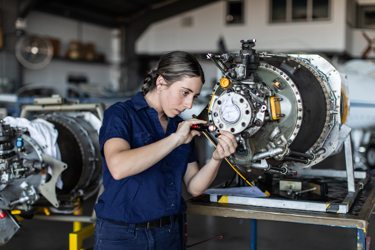Explore our research
Our comprehensive research covers industry and workforce, educational pathways, careers provision, outreach evaluations and what young people and their influences think about STEM careers.

Our comprehensive research covers industry and workforce, educational pathways, careers provision, outreach evaluations and what young people and their influences think about STEM careers.
